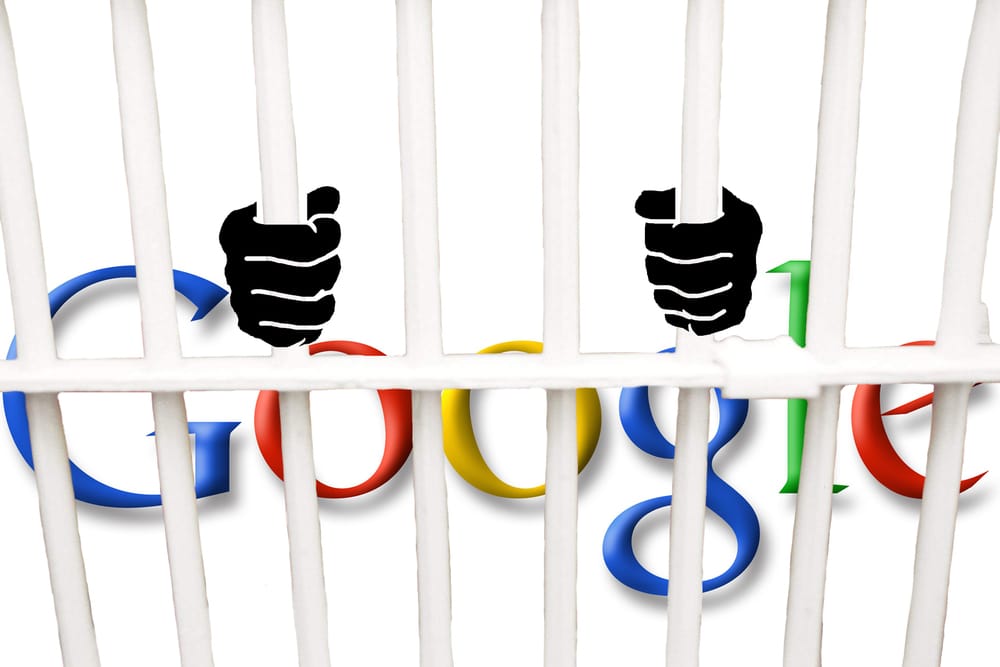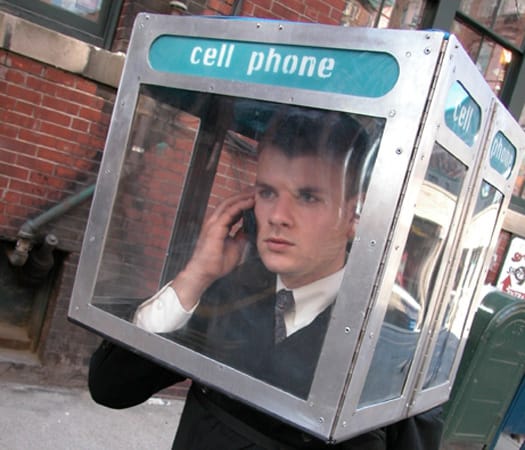Jail time for Google over Italian autistic abuse video
Google execs face jail time over a 2006 Italian case of objectionable content on Google Video

Would you indict a postal worker for delivering hate mail? Or jail an eyewitness to a crime for not having stopped it in the first place? To use the precedent set by a recent court ruling in Italy, you should.
In a shocking case of judicial incompetence, three Google employees who were involved in the identification and removal of a particularly offensive video from Google Video have been sentenced to up to six months in jail for their ‘crime’. It’s a puzzling story that began innocuously enough in 2006, when a video showing an autistic boy being bullied by his classmates was uploaded to Google Video, the Google equivalent of YouTube until Google bought and merged the two services. The video was quickly removed after user complaints (including one from the Italian Interior Ministry), but has managed to morph slowly into yet another battle between Google and a national government.
The incident only serves as a reminder that few of the legal questions posed over the ownership and monitoring of material on websites like Google Video, Facebook, etc., have actually been answered. On September 8th 2006, the video depicting the bullying was uploaded on Google Video, but was removed within 24 hours; a rapid response considering the volume of content that Google Video has to monitor daily. Google went one step further however, helping the Italian government identify those who recorded and uploaded the video. Ironically, the perpetrators of the attack weren’t even sentenced to jail time, getting off with 10 months community service. Then unexpectedly, in February 2009, four senior Google executives were charged for breaching the Italian privacy code. Bizarrely, they had nothing to do with the issue of the video until well after it was removed. Among those charged were Google’s Chief Legal Officer and Chief Financial Officer, people whose job titles suggest that they are in no way involved with actually managing Google Video. As Google’s own legal counsel bluntly put it “To be clear, none of the four Googlers charged had anything to do with this video.”
Google was initially hopeful that the judge would dismiss the case, seeing as those charged were being dragged unwillingly into a conflict they never showed any interest in. The ruling came as a surprise, and derives from a technicality in the Italian penal code, namely the difference between an ‘internet service provider’ and an ‘internet content provider’. EU legislation states that ‘service providers’ aren’t required to monitor all content hosted on, or moving through, their servers, but are obliged to remove objectionable content once notified, and aid investigators if desired. According to these laws, Google is very much in the clear.
According to the Italian judicial system, however, Google is defined as a ‘content provider’ and is therefore responsible for monitoring all content before it is posted for public access, leading directly to the rather simplistic ruling against Google. Yet that raises an obvious question; what content is Google actually providing? Google has never marketed itself as a content provider, at most a content host and largely a content index; it doesn’t assume ownership of any of the material on its servers.
The precedent that such a ruling sets is truly worrying on consideration of its broader consequences. To begin with, it implies that content hosts such as Google and Facebook would have to monitor every piece of information uploaded on to their servers, throwing up an entirely new set of privacy questions in the bargain. To do this would also be financially prohibitive, meaning that free the services that we take for granted would either need to start charging or shut down completely. Even then, with the Google employees being charged with violating the autistic boy’s privacy rights, it would mean that the hosts are responsible for tracking down the people in videos and ensuring that they are fine with the video being available for public viewing. This issue would be much worse for website hosting providers and cloud computing services, considering the wealth and diversity of the information hosted by them. It sounds ridiculous, and that’s because it is; no company should or would be able to maintain such a system.
Thankfully, the ruling isn’t final and Google is appealing the verdict. How far they will get in the Italian judicial system is another question, but it’s going to be a while before the issue is finally settled. In the case that the ruling is upheld however, the implications of the judgement are manifold. It will probably cause Google and many other similar service providers to rethink their presence in Italy, and possibly even in the EU. Off the back of Google’s spat with China, it’s quite obvious that the biggest issue when it comes to the spread of technology across the globe is the question of the moral policing of the internet and who is responsible for it. With governments looking firmly towards the hosts and the service providers, it’s not an issue that’s going to be resolved any time soon.









